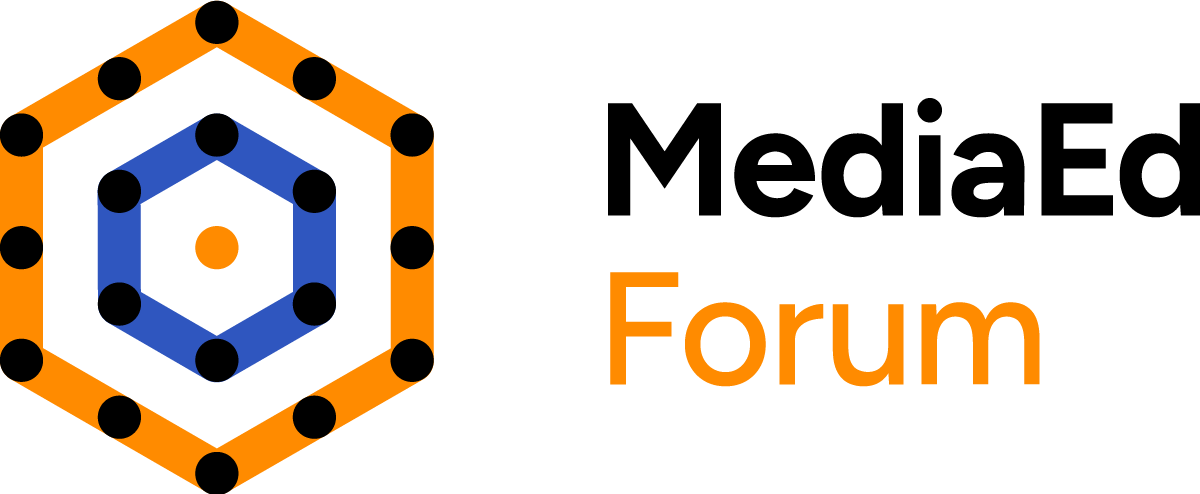- Home
- Strand: Outside the Classroom
MediaEd Forum
Outside the Classroom: A Forum for Dialogue and Discussion
In this strand, we will examine the nature and diversity of media literacy education programs in out-of-school contexts around the world. First, we learn about two projects based in participatory, cooperative research using media as a medium to explore topics of place-making and identity with youth in Oslo and Rotterdam. Then we consider the power of games that are designed to inoculate people against misinformation, where users practice detecting misinformation and disinformation to get quicker and better at the critical thinking task of identifying fallacies.
Session 1: A Tale of Two Cities: Tailoring Participatory-Media Interventions for Projects with Youth Friday, January 12, 1pm EST.
Session 2: Cranky Uncle: Combining Psychology, Humor, and Games to Counter Misinformation Friday, January 12, 3pm EST | 8pm GMT | 1:30am IST (Sat 01.13) | AEST 7am (Sat 01.13).
Session 3: Media Literacy and AI Policy Saturday, January 13, 10am EST | 3pm GMT | 8:30pm IST.
Session 4: Students’ Right for Freedom of Expression Saturday, January 13, 11am EST | 4pm GMT | 9:30pm IST.
View a detailed conference schedule
Strand Facilitator: Iglika Ivanova
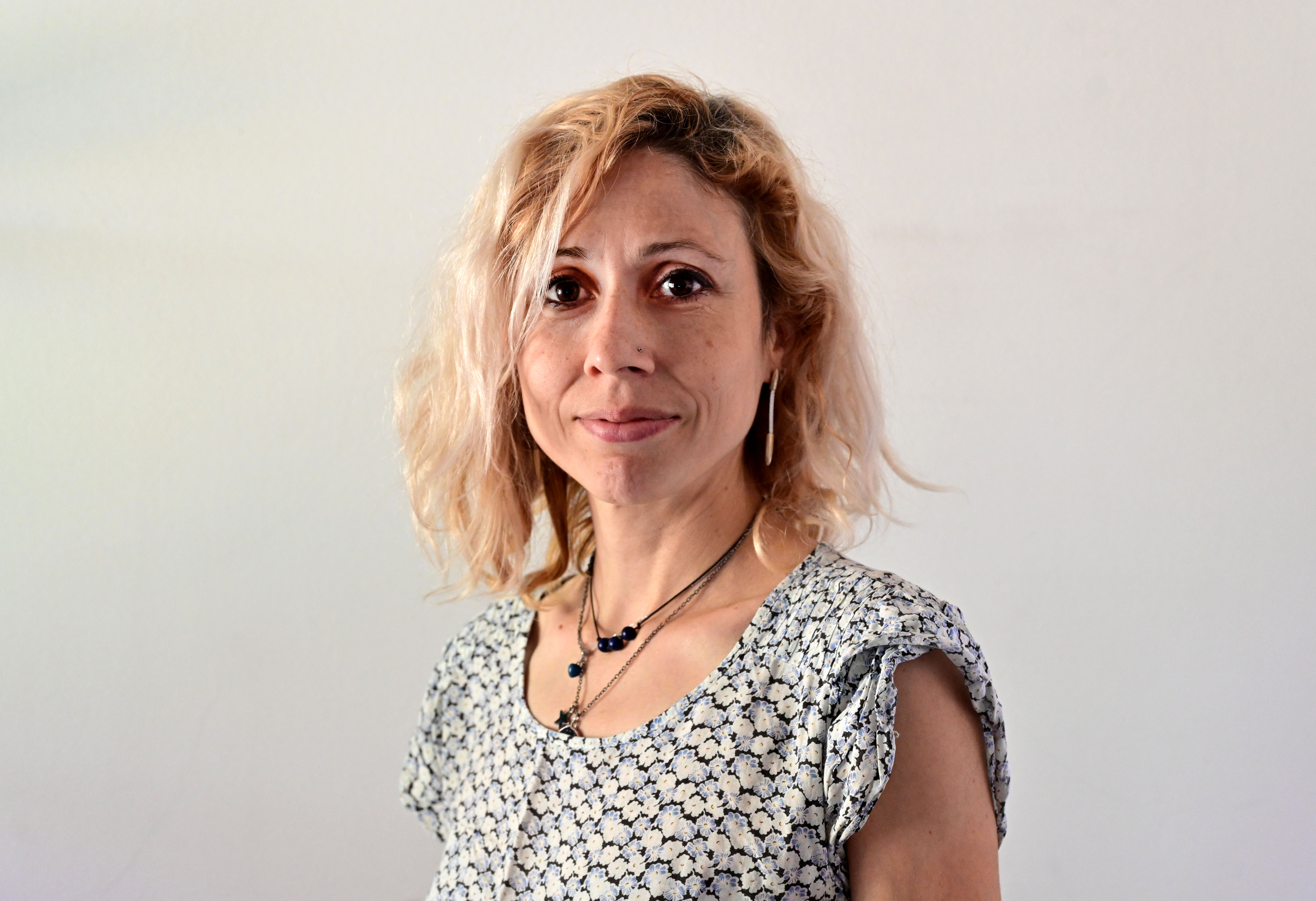
Iglika is a PhD candidate and lecturer at Sofia University, Bulgaria, whose research interests gravitate towards the challenges at the intersection of media, technology and democracy. She joined Media Education Lab formally as a faculty member in early 2022 after two years of growing involvement and co-directed the 16th Northeast Media Literacy Conference – now MediaEd Forum – together with Michelle Ciccone, Yonty Friesem and Renee Hobbs.
Iglika's professional resume brings together work experience and insights from various fields related to media literacy - media, academia, civil sector, public administration (policymaking). In 2019, Iglika joined the Media Literacy Coalition – an association that coordinates the efforts of more than a dozen of the non-governmental organizations working in the field of digital and media literacy in Bulgaria.
Session 1: A Tale of Two Cities: Tailoring Participatory-Media Interventions for Projects with Youth
Friday, January 12, 1pm EST.
Participatory Media is used as a research methodology and cooperative intervention with youth in Oslo and Rotterdam to explore topics of place-making, identity, belonging, and more. Using media-literacy as a starting point, youth tell their own stories through audio and visual mediums and, in doing-so, practice social engagement, self-expression, and critical application through media-based methods. A multiple week video-making course was facilitated for early-adolescent participants (aged 10-11) in Fall/Winter 2020 in the super-diverse city of Rotterdam, the Netherlands, which focused on the role of social media in urban identity construction. Similar topics with an emphasis on refugee experiences of belonging will (2024 Spring/Summer) bring Oslo-based youth to a nature facility and apply a similar filmmaking workshop condensed into one week in a summer camp style.
In this session, Larisa Ozeryansky and Anne van Eldik will discuss the ways in which they constructed their participatory-media interventions to cater to their young participants in the context of culturally-diverse cities. They discuss the planning, execution, and analysis of research and how media literacy plays a role in enabling youth to own the research, stories, and other ways in which their lives are depicted.
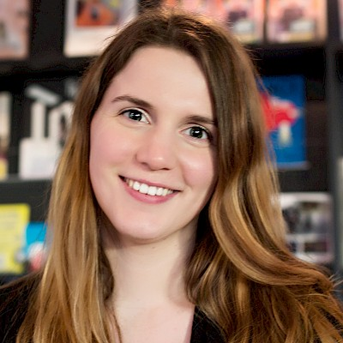
Anne van Eldik, PhD has recently completed her doctoral dissertation at the Erasmus Research Center for Media, Communication & Culture (Erasmus University Rotterdam). Her research interests focus on what happens online in and through the everyday experience: (creative) social media use, online identity construction, social media influencers, and urban identity.
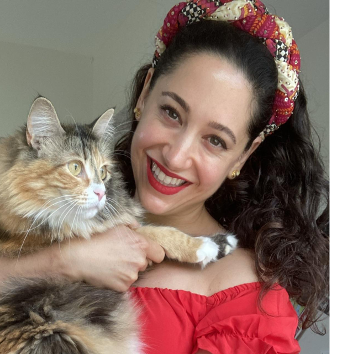 Larisa Ozeryansky, MPH MSIPM is an IIPhD candidate from University of Washington and a Fulbright Scholar studying Transnational Migrant Health. Larisa designed and facilitated surveys/interviews for refugees from Ukraine (2022-2023) and expanded on the results (highlighting social exclusion) with a project in Norway using participatory-media as a research- intervention.
Larisa Ozeryansky, MPH MSIPM is an IIPhD candidate from University of Washington and a Fulbright Scholar studying Transnational Migrant Health. Larisa designed and facilitated surveys/interviews for refugees from Ukraine (2022-2023) and expanded on the results (highlighting social exclusion) with a project in Norway using participatory-media as a research- intervention.
Session 2: Cranky Uncle: Combining Psychology, Humor, and Games to Counter Misinformation
Friday, January 12, 3pm EST | 8pm GMT | 1:30am IST (Sat 01.13) | AEST 7am (Sat 01.13).
Misinformation is a complex problem with technological, psychological, social, and cultural aspects, requiring multi-disciplinary solutions. Inoculation—explaining the rhetorical techniques used to mislead—provides a framework for building public resilience against misinformation.
The game Cranky Uncle was developed by Dr. Cook at George Mason University in collaboration with creative agency Goodbeast through crowdfunding. The first version was released in December 2020, and by mid-2023, Cranky Uncle is already available in 9 languages. The translations of Cranky Uncle and the educational resources and curricula for teachers from Skeptical Science’s extensive library are all volunteer work and in themselves can be an a learning-by-doing activity to improve understanding and knowledge gain.
Games offer a way to inoculate people against misinformation in an interactive and scalable way. By incorporating inoculating exercises into a game, players can be incentivized to repeatedly practice misinformation detection tasks, thus helping players get quicker and better at the critical thinking task of identifying fallacies.
In this 2024 MediaEd Forum session, John Cook will outline how he combined psychological and critical thinking research with games and cartoons to overcome some of the psychological hurdles facing scientists and educators as they respond to misinformation.
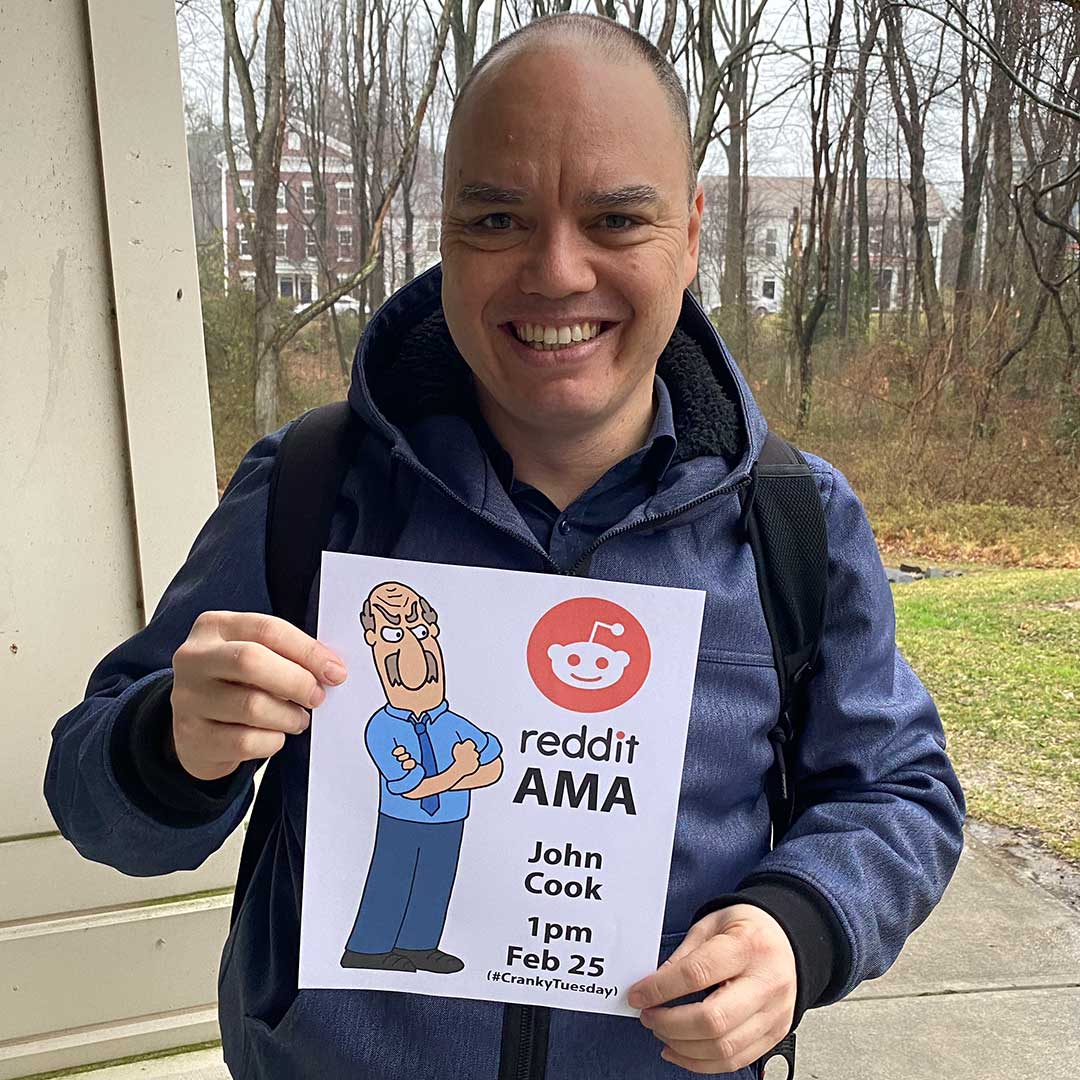 John Cook, a senior research fellow at the Melbourne Centre for Behaviour Change at the University of Melbourne. He obtained his PhD at the University of Western Australia, studying the cognitive psychology of climate science denial. His research focus is understanding and countering misinformation about climate change. John authored the book Cranky Uncle vs. Climate Change, that combines climate science, critical thinking, and cartoons to explain and counter climate misinformation. In 2013, he published a paper finding 97% scientific consensus on human-caused global warming, a finding that has been highlighted by President Obama and UK Prime Minister David Cameron.
John Cook, a senior research fellow at the Melbourne Centre for Behaviour Change at the University of Melbourne. He obtained his PhD at the University of Western Australia, studying the cognitive psychology of climate science denial. His research focus is understanding and countering misinformation about climate change. John authored the book Cranky Uncle vs. Climate Change, that combines climate science, critical thinking, and cartoons to explain and counter climate misinformation. In 2013, he published a paper finding 97% scientific consensus on human-caused global warming, a finding that has been highlighted by President Obama and UK Prime Minister David Cameron.
Session 3: Media Literacy and AI Policy
Saturday, January 13, 10am EST | 3pm GMT | 8:30pm IST.
Artificial Intelligence (AI) became a growing concern as ChatGPT was released in November 2022 and ethical questions were not answered. A year later, there is even bigger ethical concern with OpenAI turmoil resulted in reinstating its CEO and replacing board members with those aligned with profitability over ethics. AI is among the list of technologies considered to be “critical” by the EU and this is of utmost importance to developing the EU AI Act, thatsignifies the first regulatory approach to tackle with AI in an interdisciplinary policy agenda, by the end of 2023.
Irene Andriopoulou will present Media and Information Literacy paradigms to better understand AI in lifelong learning settings in tandem with raising awareness on risks and challenges, with examples from recent EU and UNESCO policies. Her approach will focus on the intersections between human and non-human machine actions through the development of critical and cognitive media skills and technical competences that may help us navigate safely and ethically through this new meta-media reality. In this context, Media and Information Literacy is fundamental, both as human right as well as a standout “life skill” in order to better equip ourselves in our digital media-saturated societies, leading to media autonomous and active citizens. Developing MIL skills can have an influential positive impact on generative AI technologies as a self-regulating force, our own “self-defense cloud system”, against digital content and settings.
Carolyn Fortuna will discuss how drawing upon media literacy tools can be an effective way to unpack the long term consequences of using AI for climate change mitigation. Climate pollution is an existential crisis. Its impacts are enormous: warmer temperatures cause extreme weather events, human health diminishes due to worsening air and water quality, rising sea levels affect fragile ecosystems and coastal communities, and so much more. The challenge is to quickly overcome barriers and to scale up transformative solutions so that the global economy can be decarbonized by 2050. Media ethicists can highlight the environmental dimensions of AI, such as its energy footprint and its potential application for ecosystem protection, bolstering levels of cleantech trust and strategically leading to a healthier, more vibrant, and robust level of public climate discourse in multimodal ways and on multiple platforms. Human ingenuity is already creating cleantech solutions to help mitigate the effects of climate change. However, most of these innovations depend on AI, which raises ethical concerns surrounding the potential impact of AI-generated cleantech content.
Michelle Ciccone will discuss three assumptions that can get baked into AI policies that, she will argue, we should be alert to and question. She will also discuss the role that media literacy educators can play when our schools and organizations are developing policies in response to emerging technologies.
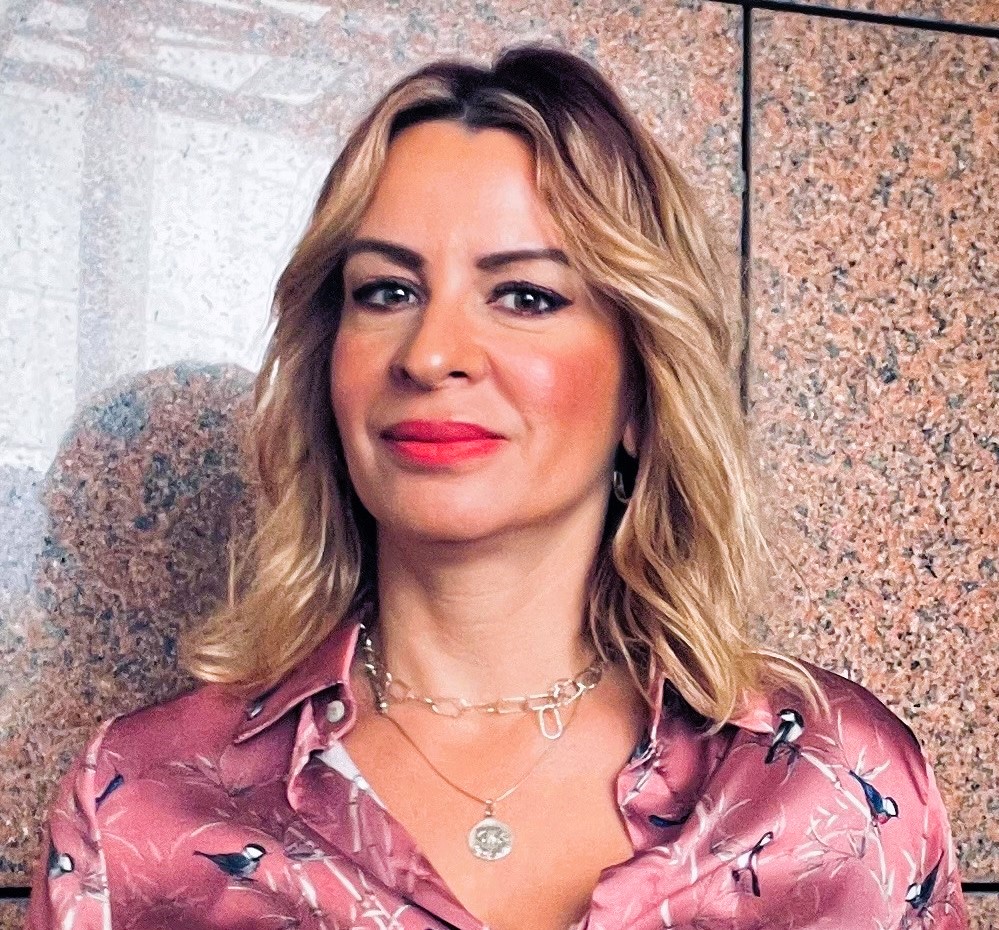 Irene Andriopoulou is a global media literacy expert, researcher, policy analyst, advocator and practitioner for 20 years, through public media organizations. Has partnered with UNESCO for over a decade, co-authoring policy papers and research on Media and Information Literacy, among them, Media and Information Literacy Curriculum for Teachers (2014, Greek Eds). Globally elected as co-Secretary General of the International Steering Committee for UNESCO Media & Information Literacy Alliance (2019-2022). Member of OFCOM Making Sense of Media Research Group in the UK. Member of the EC Expert Group on Tackling Disinformation and Promoting Digital Literacy (2021-2022) and of the EC Media Literacy Expert Group (2006-2018). Greek co-author of “Media Literacy: Keys to Interpreting Media Messages" (DIMLE, 2016), alongside extended public speaking and writing experience on ML, old & new media policies and trends. BA on Communication & Mass Media, Athens University, MA in Media Studies, Sussex University, and PhD Candidate at AUTH on - what else? – media literacy policies.
Irene Andriopoulou is a global media literacy expert, researcher, policy analyst, advocator and practitioner for 20 years, through public media organizations. Has partnered with UNESCO for over a decade, co-authoring policy papers and research on Media and Information Literacy, among them, Media and Information Literacy Curriculum for Teachers (2014, Greek Eds). Globally elected as co-Secretary General of the International Steering Committee for UNESCO Media & Information Literacy Alliance (2019-2022). Member of OFCOM Making Sense of Media Research Group in the UK. Member of the EC Expert Group on Tackling Disinformation and Promoting Digital Literacy (2021-2022) and of the EC Media Literacy Expert Group (2006-2018). Greek co-author of “Media Literacy: Keys to Interpreting Media Messages" (DIMLE, 2016), alongside extended public speaking and writing experience on ML, old & new media policies and trends. BA on Communication & Mass Media, Athens University, MA in Media Studies, Sussex University, and PhD Candidate at AUTH on - what else? – media literacy policies.
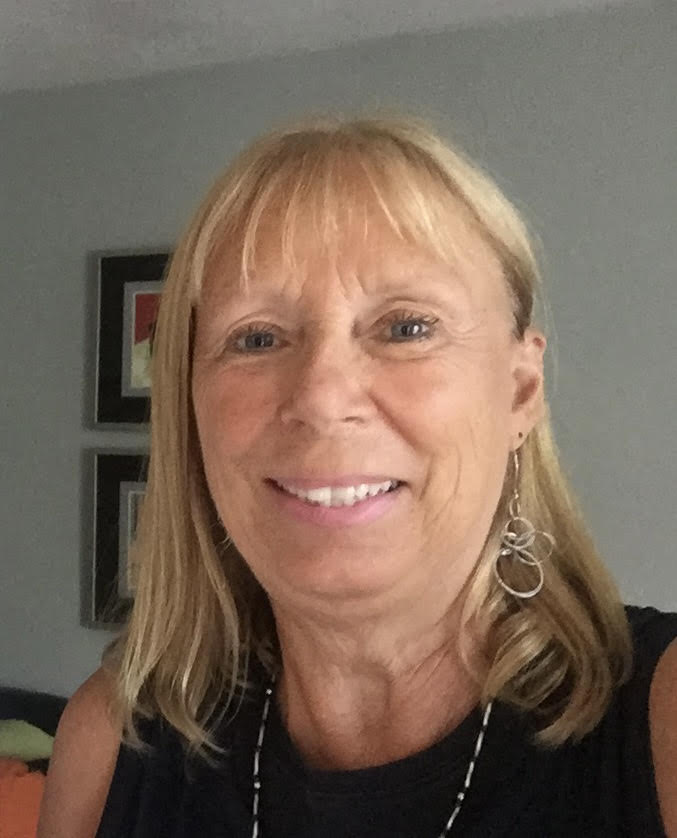
Carolyn Fortuna is a writer, researcher, and educator with a lifelong dedication to ecojustice. She has written over 1000 articles for CleanTechnica and has won awards from the Anti-Defamation League, The International Literacy Association, and The Leavey Foundation. Her particular areas of media literacy interest are critical literacy, media messaging, discourse analysis, and visual analysis. Carolyn is a grades 6-12 curriculum developer, a writer’s workshop facilitator, and a professional development event producer who has spoken at over 50 conferences. Carolyn has a PhD in education from the University of Rhode Island and bachelor’s and master’s degrees in writing from the University of Connecticut.
You are welcomed to visit Carolyn’s professional website at idigitmedia.com.
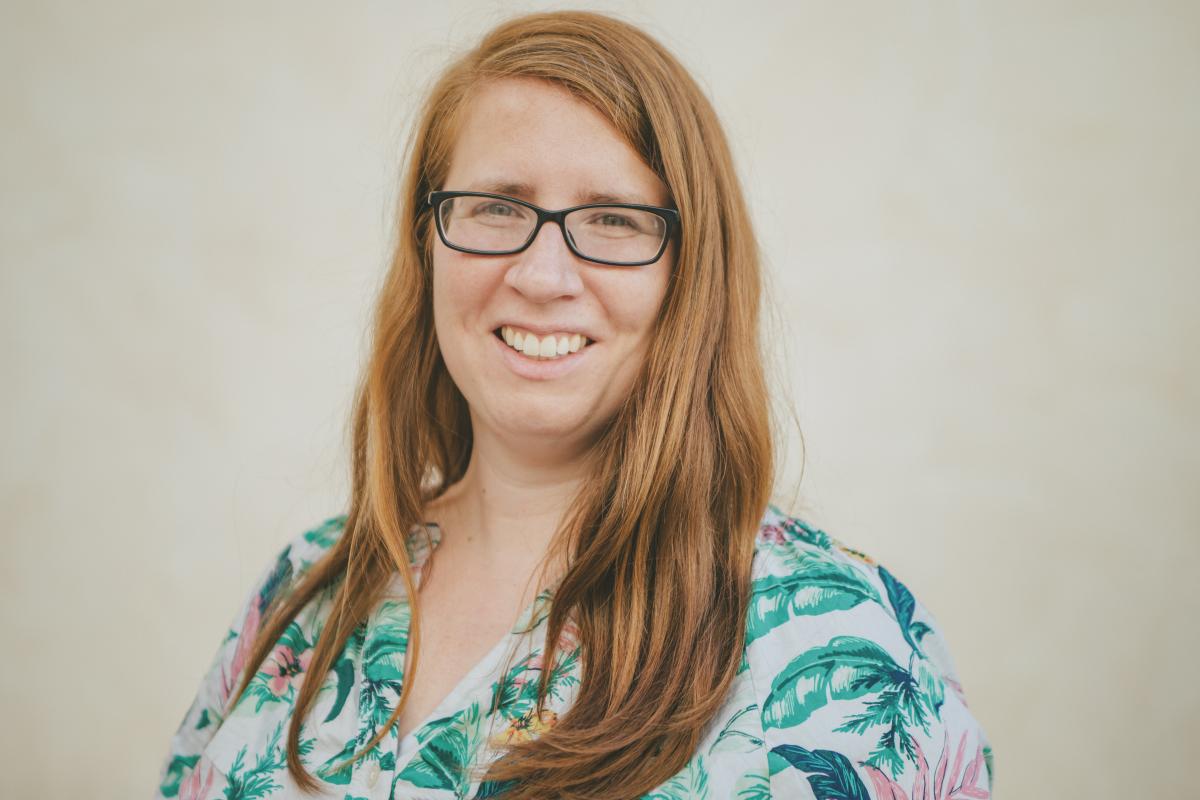 Michelle Ciccone is an educator, curriculum developer, and researcher passionate about digital literacy, media literacy, and digital citizenship. She is a PhD student at University of Massachusetts Amherst. In a previous position, she was a Technology Integration Specialist at Foxborough High School in Foxborough, Massachusetts. In this position, Michelle develops and deploys a vertically aligned strategic vision for technology integration across content areas and grades. She also developed the curriculum for and taught a digital literacy class to 6th, 7th, and 8th graders, and before this worked with nonprofit organizations in the blended learning space. She was a 2018 EdTalk presenter with The Boston Foundation and during the 2018-19 academic year served as a research assistant on the Youth and Media team at the Berkman Klein Center for Internet & Society at Harvard University.
Michelle Ciccone is an educator, curriculum developer, and researcher passionate about digital literacy, media literacy, and digital citizenship. She is a PhD student at University of Massachusetts Amherst. In a previous position, she was a Technology Integration Specialist at Foxborough High School in Foxborough, Massachusetts. In this position, Michelle develops and deploys a vertically aligned strategic vision for technology integration across content areas and grades. She also developed the curriculum for and taught a digital literacy class to 6th, 7th, and 8th graders, and before this worked with nonprofit organizations in the blended learning space. She was a 2018 EdTalk presenter with The Boston Foundation and during the 2018-19 academic year served as a research assistant on the Youth and Media team at the Berkman Klein Center for Internet & Society at Harvard University.
Session 4: Students’ Right for Freedom of Expression
Saturday, January 13, 11am EST | 4pm GMT | 9:30pm IST.
Lex Societas is a global youth-led pre-law honor society dedicated to inspiring an interest in the field of law for high school students. Our tagline is 'We are the future of law' for a reason, as we firmly believe in empowering youth with a passion for law and a thirst for justice.
In this session, Frank LoMonte, a legal expert on students' freedom of expression will engage in a dialogue with Arun Nayakkar, a current sophomore at Scarsdale High School, NY who founded Lex Societas. They will discuss ethical issues of students' freedom of expression and examine how Lex Societas draws students from across the world with the same enthusiasm for law together.
Nayakkar will describe how the platform provides a forum for advocacy, initiative, scholarship, and academic excellence, they hope to foster the development of the next lawyers, scholars, and leaders. Lex Societas breaks itself down into state and local chapters, each promoting awareness and education through various volunteer initiatives, advocacy events, seminars and workshops, and community service projects. Through advocacy campaigns, educational keynote events, and nationwide endeavors, Lex Societas hopes to expand the horizon of law to include high school students. Since its establishment in July 2023, Lex Societas currently represents over 20 states within the United States. More information can be found on the Lex Societas official website.
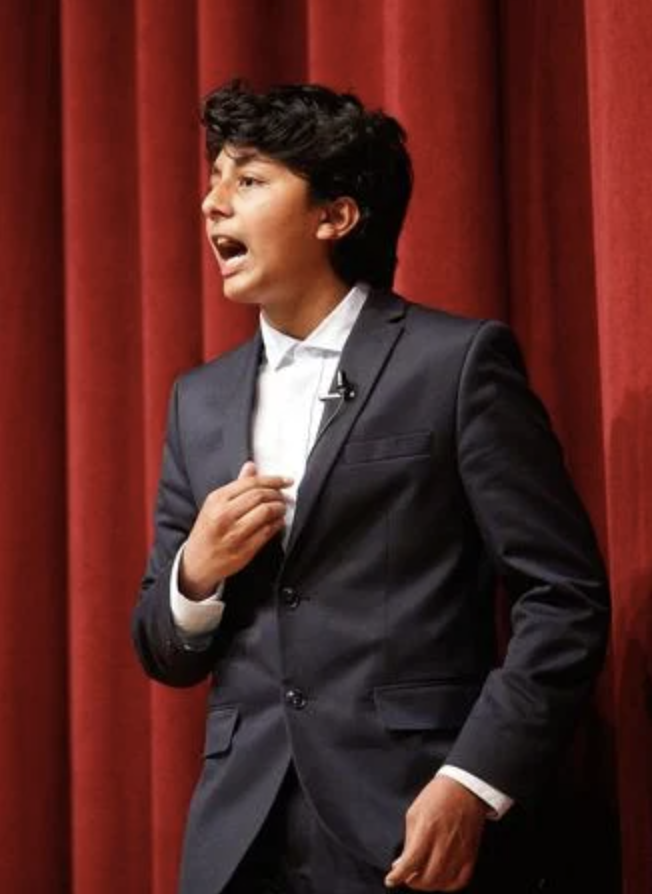 Arun Nayakkar is a current sophomore at Scarsdale High School, in New York. In July 2023, he founded Lex Societas, the world's first high school pre-law honor society, in furtherance of his mission of expanding the future of youth in law. Outside of Lex Societas, he enjoys participating in his school's mock trial team, reading history books, cooking, drawing, and traveling.
Arun Nayakkar is a current sophomore at Scarsdale High School, in New York. In July 2023, he founded Lex Societas, the world's first high school pre-law honor society, in furtherance of his mission of expanding the future of youth in law. Outside of Lex Societas, he enjoys participating in his school's mock trial team, reading history books, cooking, drawing, and traveling.

Frank D. LoMonte is a faculty at the university of Georgia's School of Law. He serves as legal counsel at CNN, where he advises and trains the global media company’s journalists on a variety of legal compliance issues, emerging legal risk areas and best legal practices for their careers. He also reviews sensitive material prior to publication.
LoMonte previously worked as a professor at the University of Florida where he directed the Brechner Center for Freedom of Information for approximately five years. From 2008 to 2017, he was the executive director of the Student Press Law Center in Washington, D.C, and worked with college and high school students and educators.
